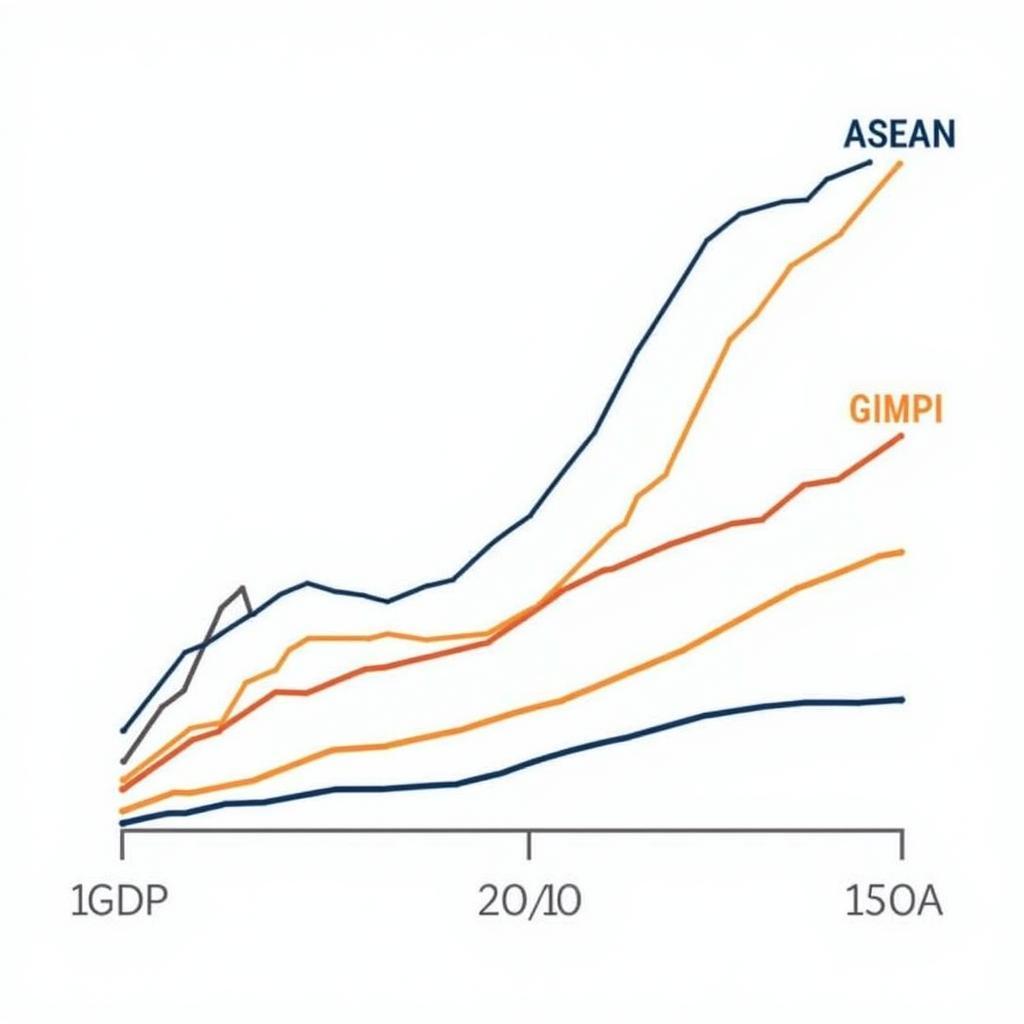The foreign exchange market, also known as forex or FX, is a global decentralized market for the trading of currencies. Understanding the 5 Pelaku Pasar Valuta Asing (5 foreign exchange market players) is crucial for anyone looking to navigate this complex and dynamic environment. These players range from large financial institutions to individual traders, each with their unique motivations and strategies.
Who are the 5 Pelaku Pasar Valuta Asing?
The foreign exchange market isn’t a single physical location but rather a network of interconnected electronic systems. Within this network operate various participants, each playing a distinct role. The 5 key players are:
-
Central Banks: These institutions act as the monetary authority for their respective countries, influencing exchange rates to maintain economic stability. They intervene in the market by buying or selling their own currency to control inflation and manage reserves.
-
Commercial Banks: These are the primary facilitators of forex transactions for individuals and businesses. They act as intermediaries, connecting buyers and sellers of different currencies. Their vast trading volumes make them significant players in the market.
-
Investment Firms and Hedge Funds: These entities manage large portfolios of assets, including foreign currencies, seeking profitable investment opportunities. They utilize sophisticated trading strategies and often employ leverage to amplify returns.
-
Corporations: Multinational corporations engage in forex trading to manage their international transactions, hedge against currency fluctuations, and facilitate foreign investments. Their involvement stabilizes exchange rates and contributes to liquidity.
-
Individual Retail Traders: This group comprises individual investors who trade currencies through online platforms. While their individual trading volumes are small, collectively they represent a significant portion of the market.
The Roles and Impact of Each Player
Each of the 5 pelaku pasar valuta asing plays a crucial role in shaping the forex market dynamics. Central banks, for example, can significantly impact exchange rates through their monetary policies. Commercial banks facilitate the vast majority of forex transactions, while investment firms and hedge funds contribute to market liquidity and volatility. Corporations use the market to manage their international operations, and retail traders add to the overall trading volume.
Understanding the Interplay Between the 5 Players
The forex market operates through the complex interactions between these 5 key players. For example, a central bank’s decision to raise interest rates can attract foreign investment, increasing demand for its currency and strengthening its value. This, in turn, can impact the trading strategies of investment firms and corporations. Understanding this interplay is critical for successful forex trading.
How Central Banks Influence the Forex Market
Central bank interventions, often through interest rate adjustments or direct market operations, can create significant volatility. These actions are closely monitored by other market participants as they signal potential shifts in currency values.
- Interest Rate Adjustments: Raising interest rates generally increases the value of a currency, while lowering rates tends to decrease its value.
- Direct Market Operations: Central banks buy or sell their currency to manage its value relative to other currencies.
The Importance of Commercial Banks in Forex
Commercial banks are essential for facilitating the smooth operation of the forex market. They act as the primary intermediaries, providing liquidity and executing trades on behalf of their clients.
- Providing Liquidity: Commercial banks make it easier for buyers and sellers to find each other, ensuring a continuous flow of transactions.
- Executing Trades: They handle the processing and settlement of forex transactions, ensuring efficient and secure transfers of funds.
“Understanding the motivations and strategies of each player is paramount for success in the forex market,” says Dr. Amelia Wong, a leading economist specializing in Southeast Asian financial markets. She adds, “Recognizing the interconnectedness of these players provides valuable insights into the forces driving currency fluctuations.”
5 Pelaku Pasar Valuta Asing: A Complex Ecosystem
The forex market is a dynamic and complex ecosystem where these 5 players interact continuously. This interconnectedness creates a constantly evolving environment where understanding the motivations and actions of each participant is crucial for successful navigation.
Navigating the Forex Market
Navigating the complexities of the forex market requires a deep understanding of the 5 pelaku pasar valuta asing. Recognizing their individual roles and how they interact is essential for making informed trading decisions.
“The forex market is not a zero-sum game,” explains Mr. Chandra Kumar, a seasoned forex trader based in Singapore. “While some participants profit from currency fluctuations, others may be hedging against risks or facilitating international trade. Understanding this broader perspective is key to long-term success.”
Conclusion
Understanding the 5 pelaku pasar valuta asing (5 foreign exchange market players) – central banks, commercial banks, investment firms and hedge funds, corporations, and individual retail traders – is fundamental to navigating the forex market. By appreciating the roles and influence of each player, you gain a crucial advantage in this complex and dynamic landscape. By studying their interactions and strategies, you can make more informed decisions and potentially achieve your financial goals within the forex market.
For any assistance or further information, please contact us at Phone: 0369020373, Email: [email protected] or visit us at Thôn Ngọc Liễn, Hiệp Hòa, Bắc Giang, Việt Nam. We have a 24/7 customer support team.
